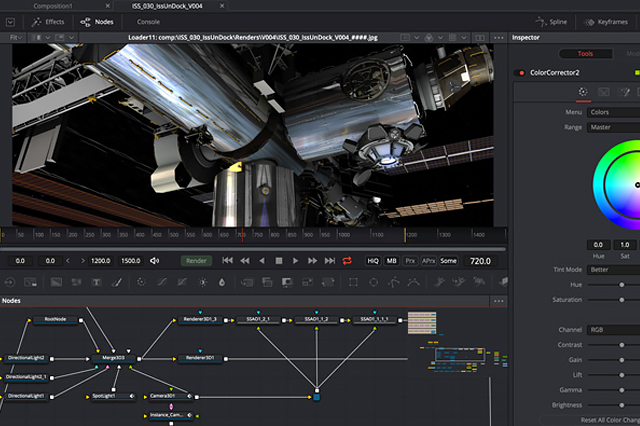


The best way to learn-and-use the command-line is to practice the UNIX philosophy of do one thing and do it well, which requires breaking the process down into individual steps: ffmpeg - for media file conversion, e.g.awscli - for accessing various AWS services, specfically S3 (for storing the video and its processed transcription) and Transcribe.youtube-dl - for fetching video files from social media services.Create a S3 bucket (the example I use in my code is Īnd install the following tools (using homebrew, pip, and what-have-you).

See the transcribed text here, and the full prettified JSON response here. It beats the pants off of what I remember IBM Watson was capable of doing (albeit, from a few years ago). It took about 2 minutes for it to process a 57-second clip at a cost of less than 2.5 cents. Tl:dr AWS Transcribe is surprisingly accurate and efficient. tl dr: AWS Transcribe is a pretty amazing service!
HYPERTRANSCRIBE FULL HOW TO
The instructions and code below show how to use command-line tools/scripting and Amazon's Transcribe service to transcribe the audio from online video. Inspired by the following exchange on Twitter, in which someone captures and posts a valuable video onto Twitter, but doesn't have the resources to easily transcribe it for the hearing-impaired, I thought it'd be fun to try out Amazon's AWS Transcribe service to help with this problem, and to see if I could do it all from the bash command-line like a Unix dork. Transcribing Cardi B's political speech with AWS Transcribe and command-line tools


 0 kommentar(er)
0 kommentar(er)
